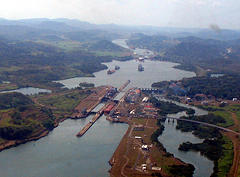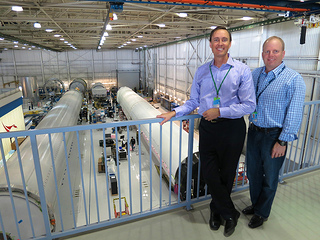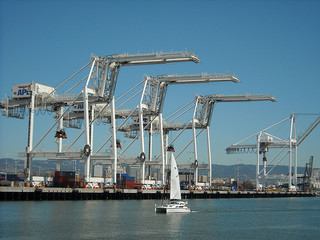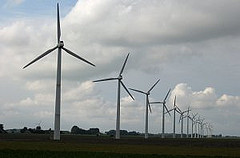Ship Builders Flood Market With New Vessels Just as Panama Canal Expansion Lessens Need

According to Joachim Grieg & Co., just as the widened Panama Canal increases vessel capacity and reduces the number of vessels needed to transport liquid petroleum gasses from the United States to Asia, ship builders are flooding the market with new ships. Together, the situations could lead to the eventual collapse of the shipping industry’s market.
The expansion of the Panama Canal is doubling the current capacity of the canal, allowing more ships and larger ships to pass through traveling to Asia and Africa. The expansion will also allow for larger ships to pass through, which means fewer ships will be needed to carry the same amount of liquid petroleum gas. Currently, it takes 42 days for a tanker to travel from the United States to buyers in Asia. After the expansion is complete, the same trip will take just 25 days, or almost half the time.
The ship building industry is producing more new vessels than any time since 2008. With the Panama Canal at 64 percent completion and scheduled to be completed by 2015, just as these ships hit the market, there will no longer be a need for them. According to Steve Englean of Joachim Grieg & Co., this over capacity could lead to an inevitable collapse of the entire market.
The upside to the situation is a dramatic increase in U.S. production of natural gas and oil, which creates liquid petroleum gas as a byproduct. This LPG is valuable to Asian consumers as cooking and heating gasses. Production of LPG is up, the demand is there, and these exports are helping to boost the U.S. economy at a time when it’s needed. This has led to a record number of tanker exports from the U.S. to Asia, helping to lower the trade deficit that has existed for so long.








